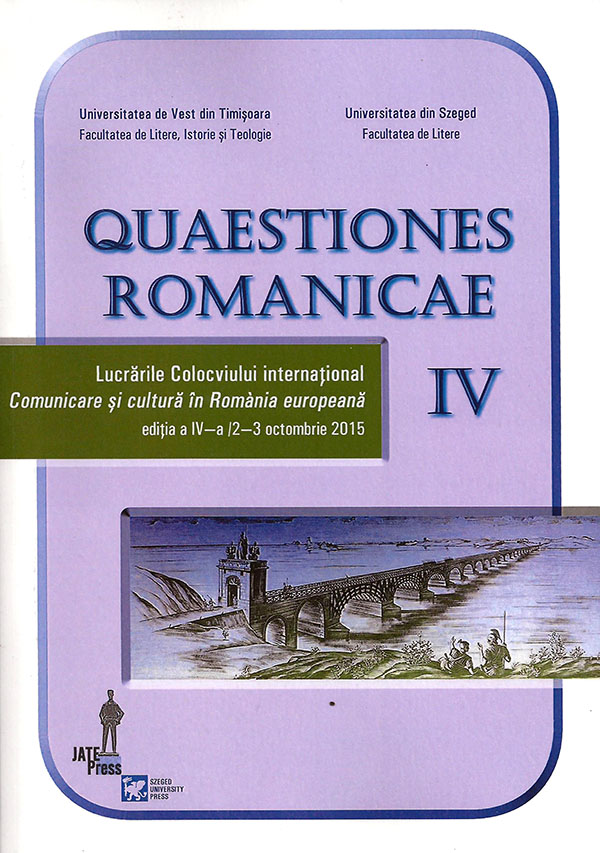La figura de Fernando Pessoa en la narrativa de Enrique Vila-Matas
Abstract: (Fernando Pessoa in Enrique Vila-Matas’snarrative). Fernando Pessoa appears in Enrique Vila-Matas' narrative and it's not only with reference to heteronyms concerning his name, but also concerning the Portuguese poet or some titles of his works. There are also quotes like the famous "travelling, losing countries" and all the references concerning the Portuguese geographical or cultural space, since one of his novels places the characters in the Azores Islands or they focus on the lyrics of a fado. (Extraña forma de vida). Furthermore, the Portuguese word saudade is repeated several times in his narrative. In the novel Impostura, for example, the main character writes in Portuguese works whose titles are Fernando Pessoa's work: Ave do Egipto, ChuvaObliqua, Pensarem Nada, Passagem das horas. Teixera, the modern murderer, symbol of the dehumanization and the responsible for the destruction of Literature is situated in the same space of the Azores Islands, on the Isle of del Pico. Montano's disease affects any creator and it is diagnostic for an illness common to all the profound, real artists, concerned with the perennial literary value that withstands the time, the ones sick with literature. In this context, Montano's disease reunites all those writers who suffer from this obsession with Literature. They suffer due to the destruction of Literature. Montano's disease is consistent with Fernando Pessoa, a symbol in the narrative of the Barcelonan writer and with Enrique Vila-Matas. They both exhibit traits of cosmopolitanism.
Keywords: Enrique Vila-Matas, Fernando Pessoa, heteronyms, Portugues espace, cosmopolitanism.
Resumen: Fernando Pessoa aparece en la narrativa de Enrique Vila-Matas y no se trata sólo de referencias a los heterónimos pessoanos, a la figura del poeta lusitano o a los títulos de sus obras. Aparecen también citas, como la célebre: “Viajar, perder países”, y todo lo referente al espacio geográfico o cultural portugués, ya que unas de sus novelas ubican a los personajes en Azores o se centran en la letra de un fado (Extraña forma de vida). Además, la palabra portuguesa saudade se repite varias veces en su narrativa. En la novela Impostura, por ejemplo, el protagonista escribe, en portugués, obras cuyos títulos son las obras de Fernando Pessoa: Ave do Egipto, Chuva Obliqua, Pensar em Nada, Passagem das horas. Teixeira, el criminal moderno, símbolo de la deshumanización y responsable de la destrucción de la Literatura, se sitúa en el mismo espacio de las Azores, la Isla del Pico. El mal de Montano afecta a cualquier creador y es un diagnóstico para un sufrimiento de los artistas profundos, verdaderos, preocupados por el valor literario perenne que resiste al paso del tiempo, enfermos de literatura. En este contexto, el mal de Montano une a todos estos escritores que sufren a causa de la obsesión de la Literatura. Sufren por ver la destrucción de la Literatura. El mal de Montano une a Fernando Pessoa, un símbolo en la narrativa del escritor barcelonés, y a Enrique Vila-Matas. Llevan los dos la marca del cosmopolitismo.
Palabras clave: Enrique Vila-Matas, Fernando Pessoa, heterónimos, espacio portugués, cosmopolitismo.
